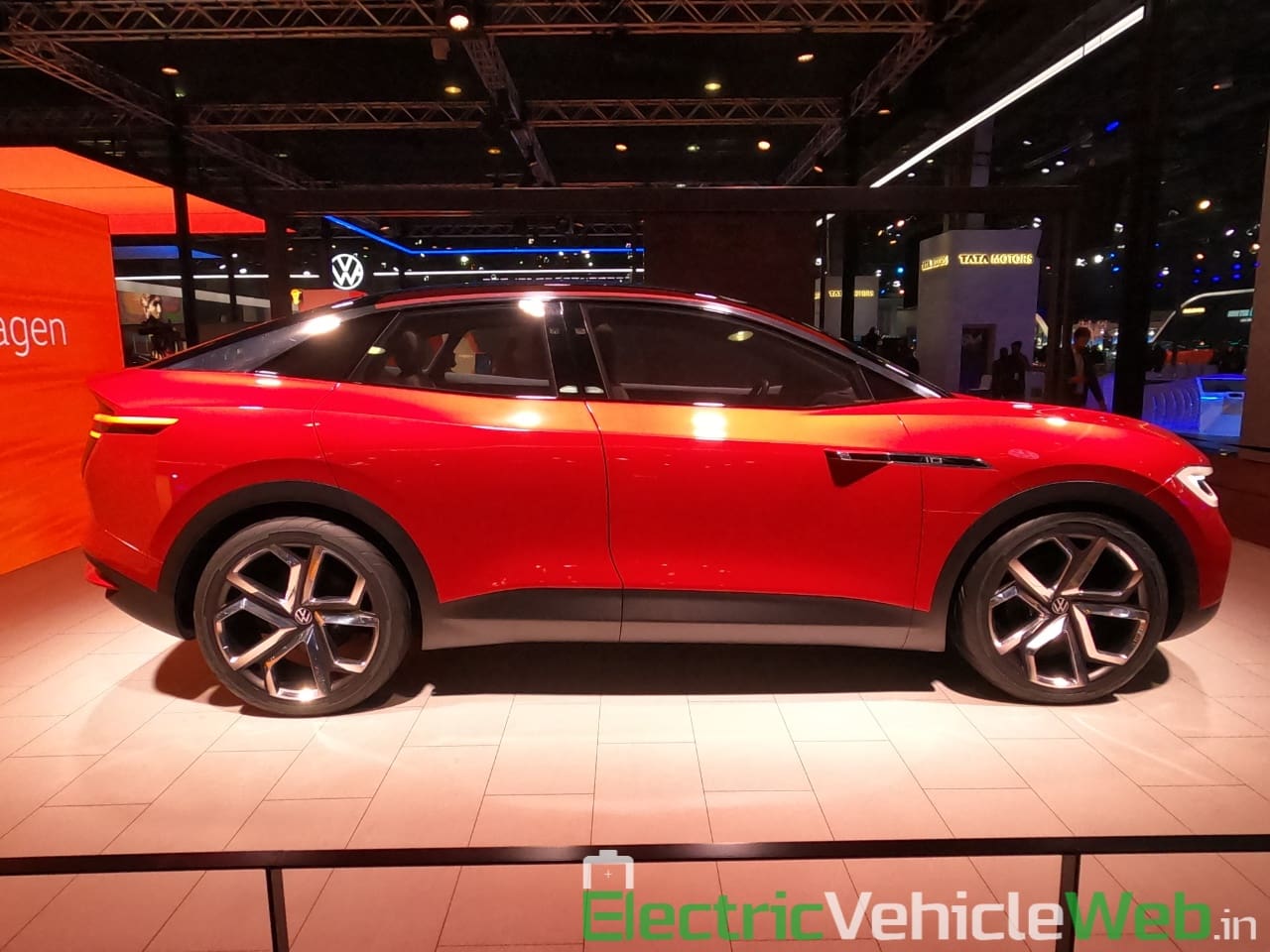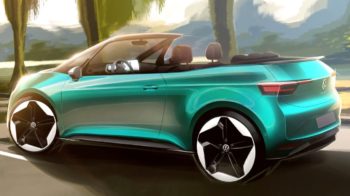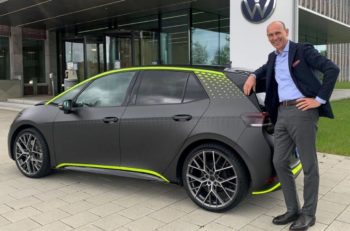Volkswagen will launch its first dedicated high-volume electric car, the ID.3, in Europe next month for which orders are filling up quickly. The company feels that EVs are the need of the hour even in India, according to its local Director Steffen Knapp.
The Volkswagen Group has lined up 75 pure electric vehicles for launch by 2029. It goes without saying that the Volkswagen brand will lead the German conglomerate’s E-offensive. It plans to have a BEV line-up of more than 20 models by 2025. The plans for shifting to BEVs are full steam ahead in Europe, China and North America. In India, the market situation is being examined and the development of EV infrastructure is being studied, Knapp told NewIndianExpress.com last month. Apparently the company has started laying the groundwork for launching EVs in our market.
The VW ID. Crozz II concept that was showcased at Auto Expo 2020 will be introduced in road-ready avatar in Europe as the VW ID.4 (codename: VW 316/6) later this year. Our market will likely get the all-electric SUV as a niche model imported under the 2,500-unit non-homologated quota in early 2022. An Auto Expo 2022 launch would be ideal to kickstart the automaker’s electrification plan here with all the attention it’d need at a national level.
The VW ID.4 is part of Volkswagen Group’s India 2.0 project. Volume-focused electric mobility measures are expected only in the India 3.0 project that’s currently being worked out in utmost secrecy. Overseas bosses have started to spill the beans, though.
Skoda CEO Bernhard Maier who stepped down on 31 July 2020 had told iDNES.cz on 17 September 2019 that Skoda will launch partially electric or hybrid model(s) in India only under the India 3.0 project. He also said that if the company sees that there is enough demand for EVs during the third phase, it will launch an EV. The Czech brand is leading the India 2.0 project and so if it doesn’t launch a high-volume (locally manufactured) hybrid EV or full EV under it, the German brand (Volkswagen) won’t either.
Around the time the India 3.0 project is executed, which will likely be close to the middle of the decade, Volkswagen Group will have heavily modified the MEB platform to be compatible for smaller EVs. In its original form, this dedicated BEV platform can support only compact or C-segment and bigger models. The VW ID.3 is a VW Golf-like compact hatchback and the VW ID.4 will be a VW Tiguan-like compact SUV. The same way the MQB platform’s smallest version A0 platform has been further modified to make it less costly for India, the MEB platform’s yet-to-be-named smaller version could have local adaptions for being even cheaper. Speaking to EVW at the Auto Expo, Knapp said Volkswagen is not developing ‘desi’ electric cars, that is strapping a battery and motor to the MQB A0-IN, so it is safe to assume that the most basic form of the MEB would become the base of the VW electric car.
The smaller version of the MEB platform would underpin the VW ID.2, a VW Polo-sized sub-compact (B-segment) hatchback and the VW ID.1, a VW up!/VW e-up!-sized city (A-segment) car. Do note that these projects are yet to be announced. The VW ID.2, theoretically a Tata Altroz EV rival, could be one of the first affordable Volkswagen electric cars in India. Of course, Tata Nexon EV and Hyundai Kona Electric rivaling electric SUVs could hold more potential comparatively.



![VW Trinity project teased again, fresh details revealed [Update]](https://electricvehicleweb.com/wp-content/uploads/2021/12/VW-Project-Trinity-front-three-quarter-teaser-350x233.jpg)